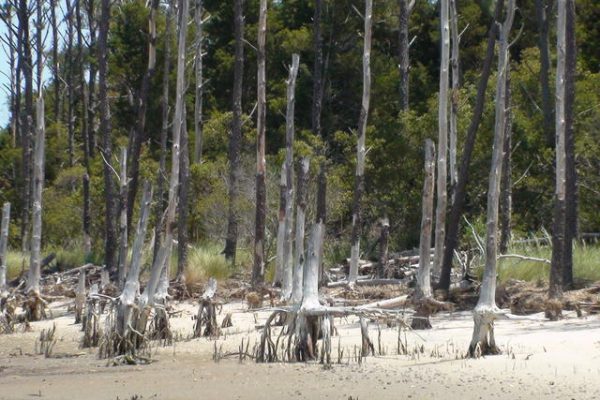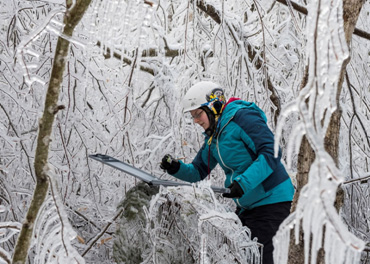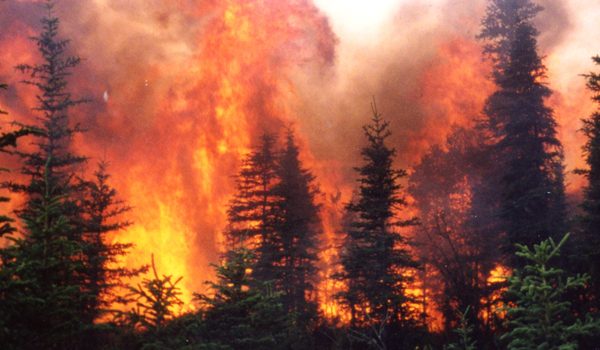LTER Road Trip: A Hot Time in the Forest
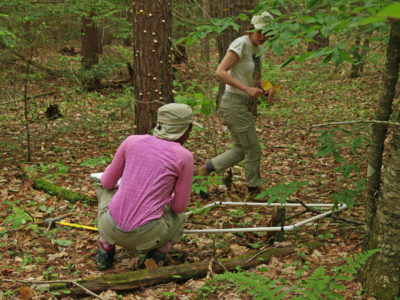
To evaluate the effects of soil warming, scientists have measured soil gases including methane, nitrous oxide, and carbon dioxide as well as nitrogen fluxes every month since 1991, comparing the heated plots to control plots nearby. One of the most interesting results they have documented comes from the forest’s tiniest organisms – the microbes that digest downed leaves and branches (also known as the ecosystem’s detritus). At first, the microbes worked overtime in the heated plots, releasing more carbon dioxide through their respiration.

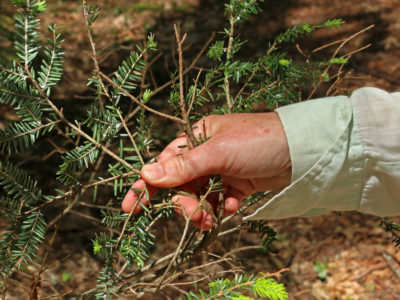
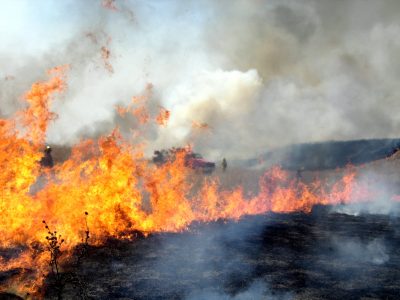
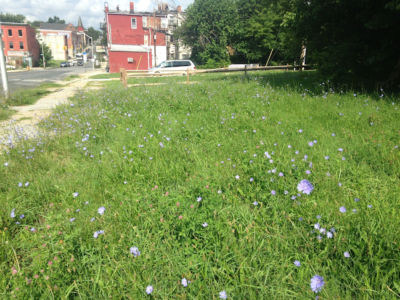
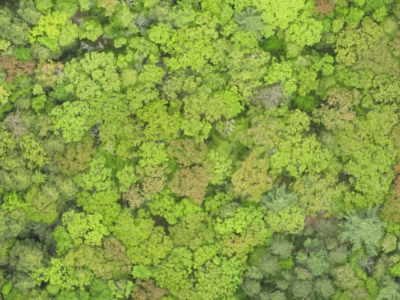

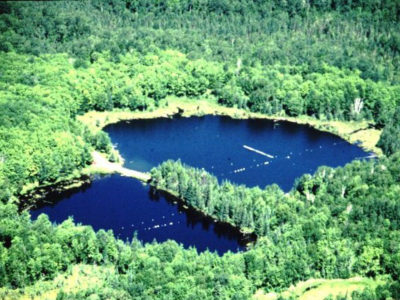
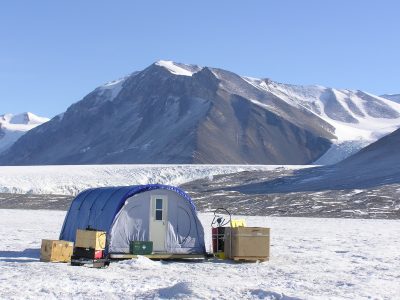

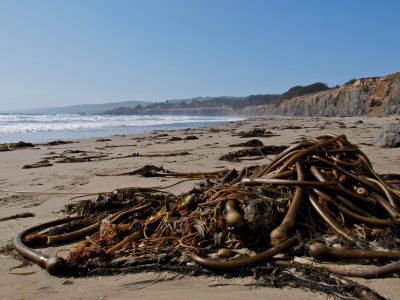
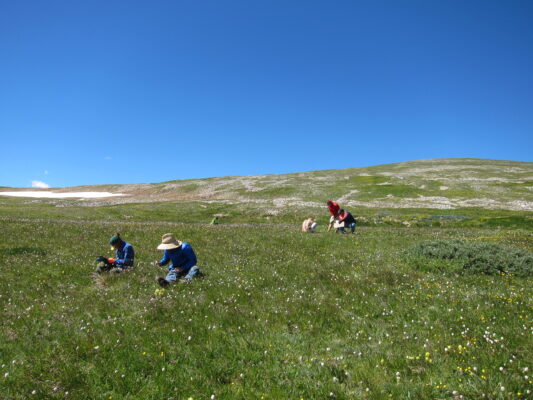
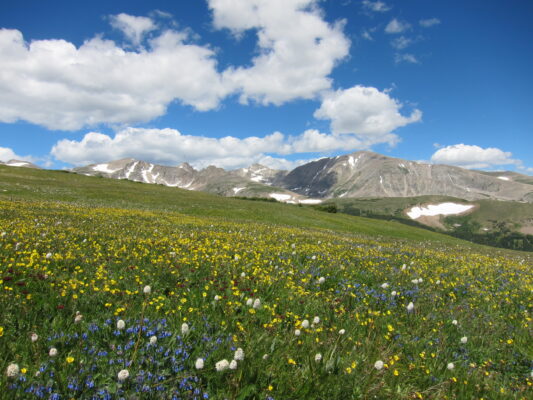
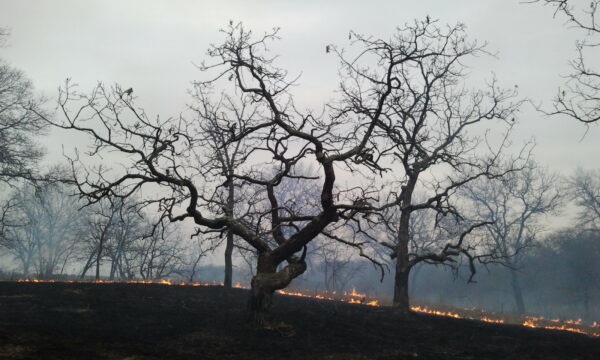
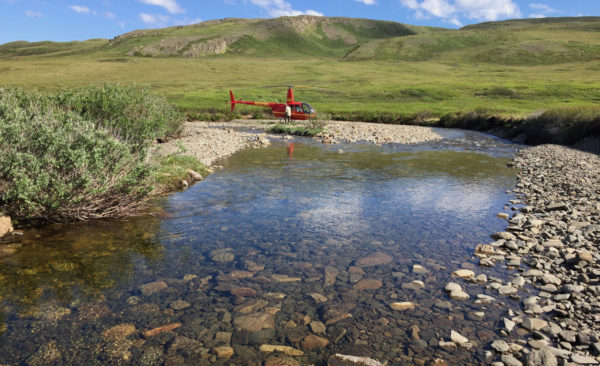
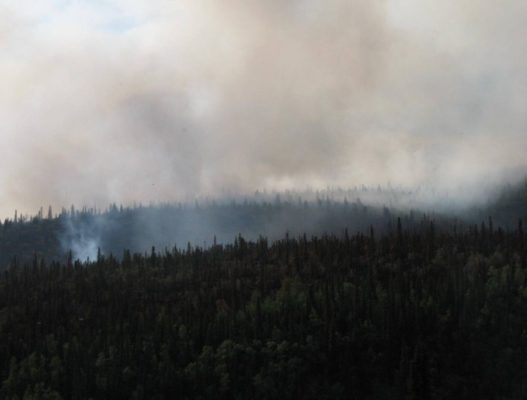
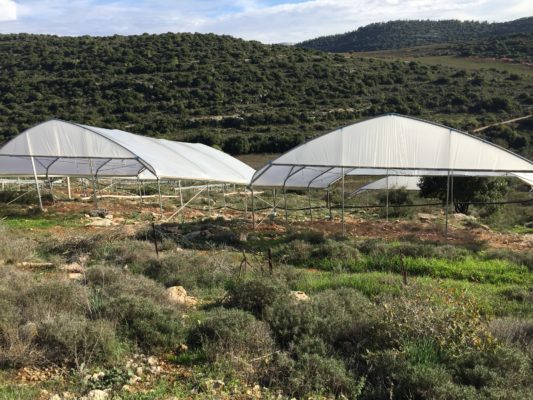 International Drought Experiment" data-envira-gallery-id="site_images_46836" data-envira-index="5" data-envira-item-id="82314" data-envira-src="https://lternet.edu/wp-content/uploads/2020/01/Matta_rainout-533x400.jpeg" data-envira-srcset="https://lternet.edu/wp-content/uploads/2020/01/Matta_rainout-533x400.jpeg 400w, https://lternet.edu/wp-content/uploads/2020/01/Matta_rainout-533x400.jpeg 2x" data-title="Matta_rainout" itemprop="thumbnailUrl" data-no-lazy="1" data-envirabox="site_images_46836" data-automatic-caption="Matta_rainout -
International Drought Experiment" data-envira-gallery-id="site_images_46836" data-envira-index="5" data-envira-item-id="82314" data-envira-src="https://lternet.edu/wp-content/uploads/2020/01/Matta_rainout-533x400.jpeg" data-envira-srcset="https://lternet.edu/wp-content/uploads/2020/01/Matta_rainout-533x400.jpeg 400w, https://lternet.edu/wp-content/uploads/2020/01/Matta_rainout-533x400.jpeg 2x" data-title="Matta_rainout" itemprop="thumbnailUrl" data-no-lazy="1" data-envirabox="site_images_46836" data-automatic-caption="Matta_rainout - 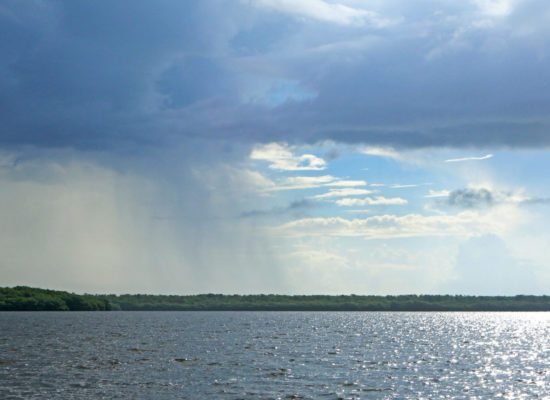 E Zambello/LTER Network Office
E Zambello/LTER Network Office 
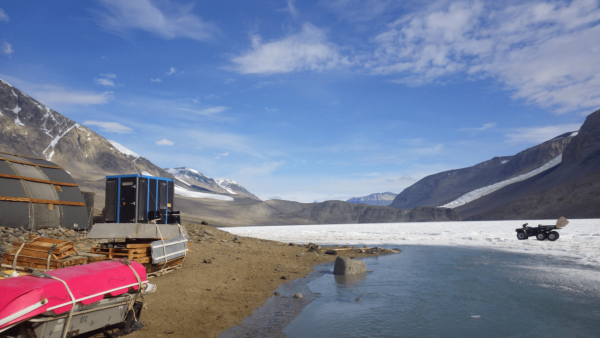
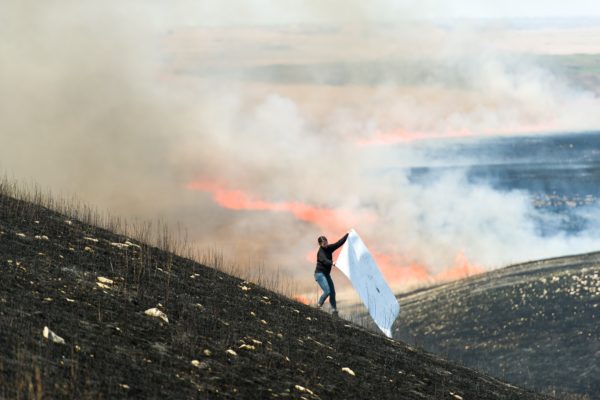
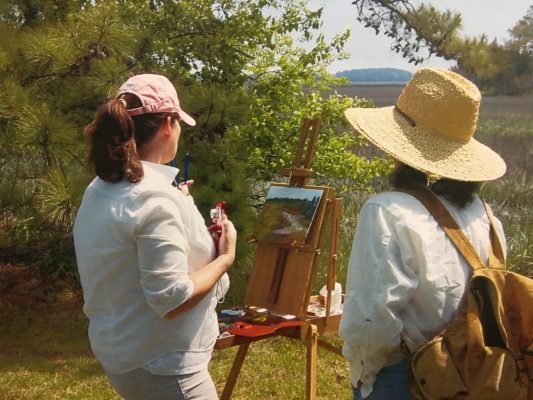

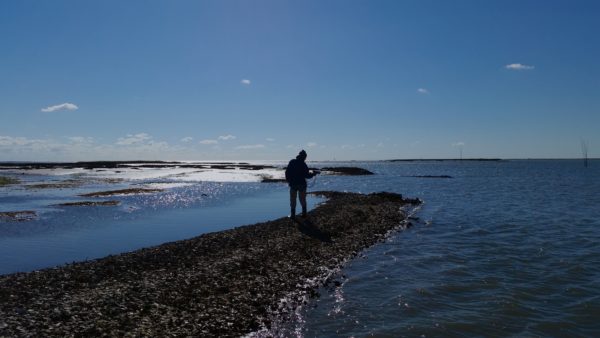
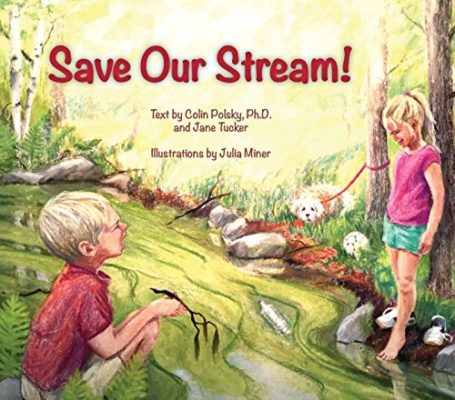
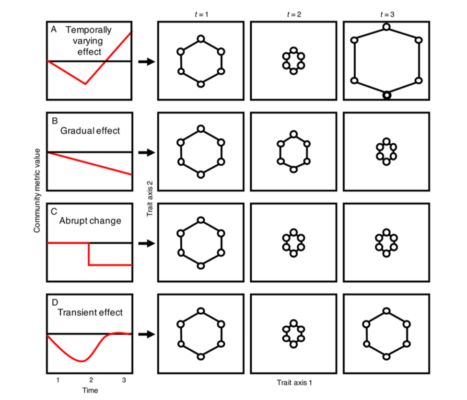
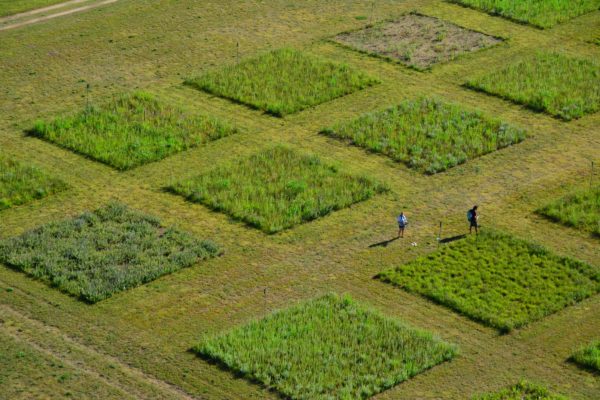
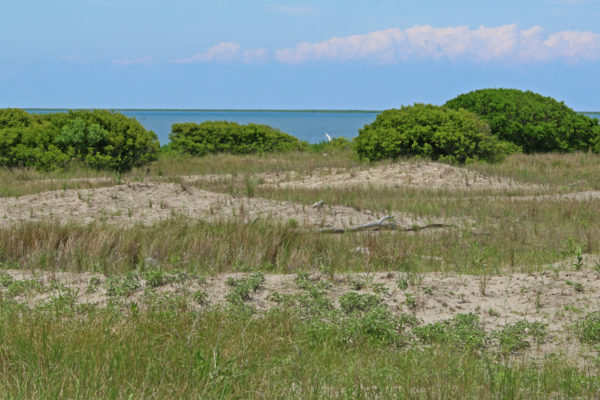 E Zambello/LTER-NCO
E Zambello/LTER-NCO 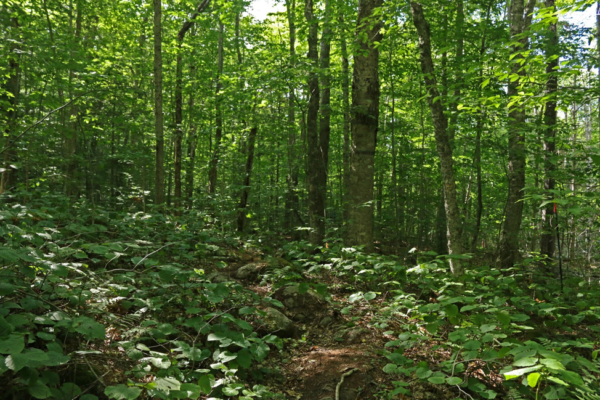 E Zambello/LTER-NCO
E Zambello/LTER-NCO 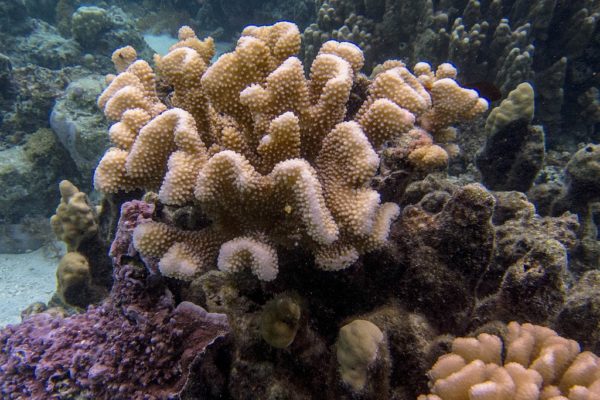
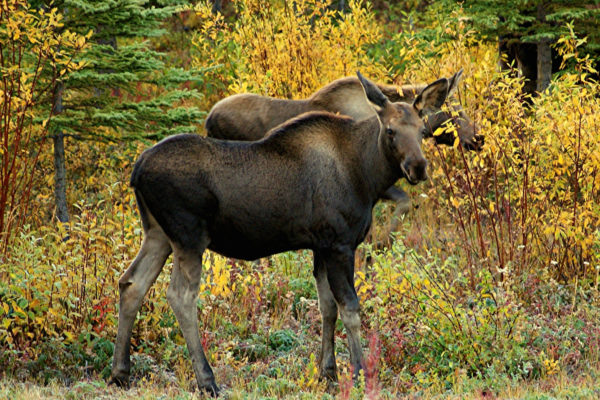 JLS Photography Alaska via Flickr
JLS Photography Alaska via Flickr 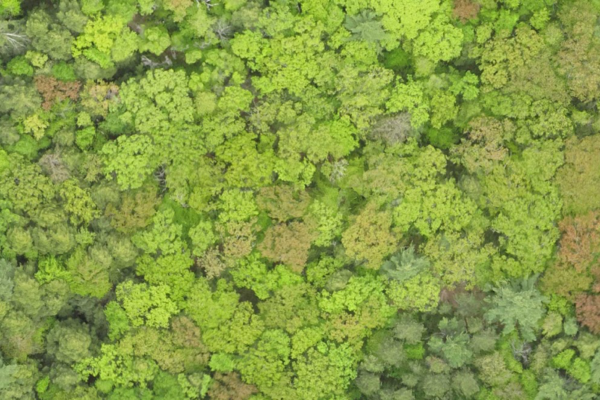
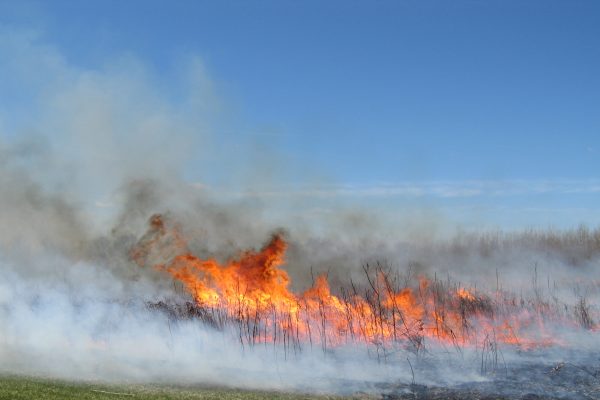
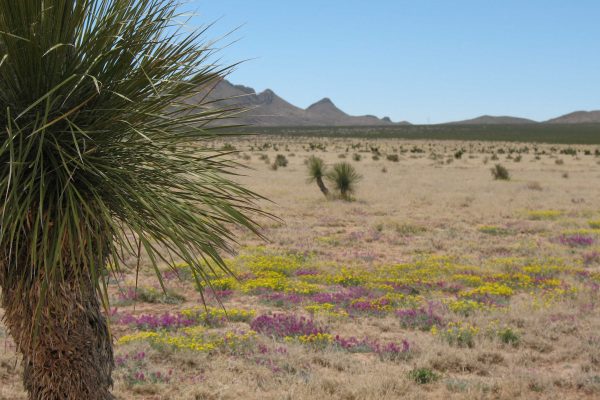
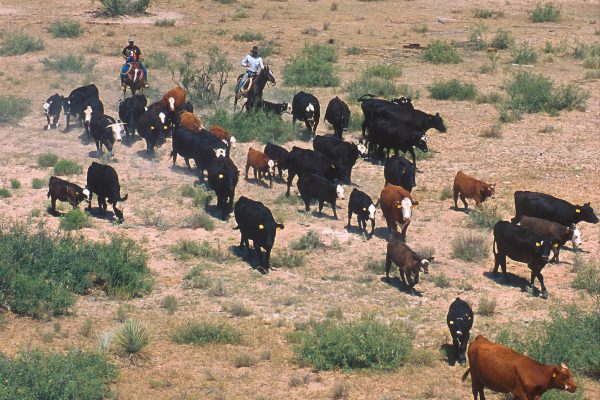
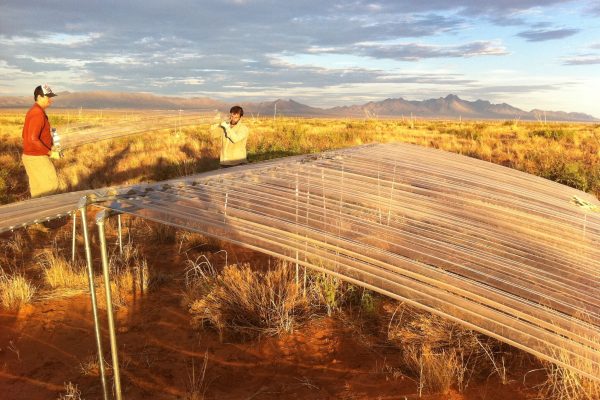
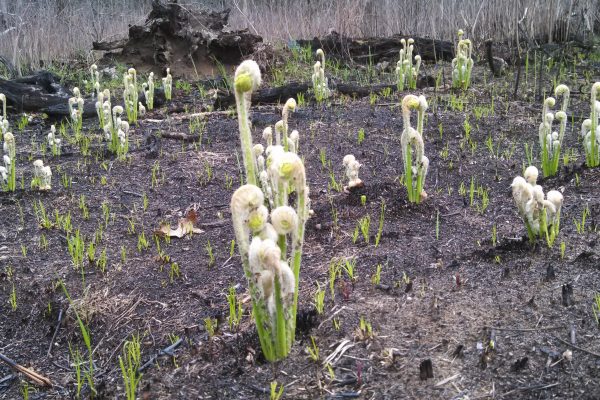
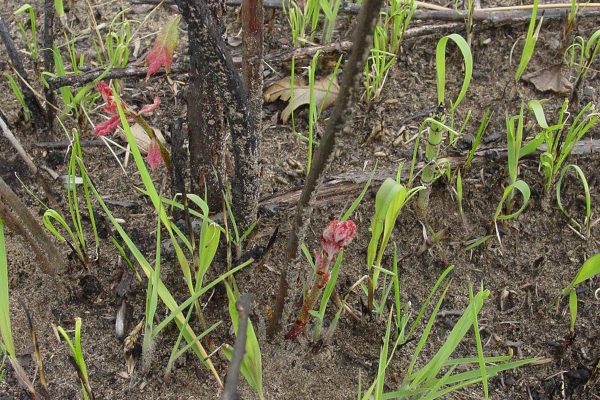
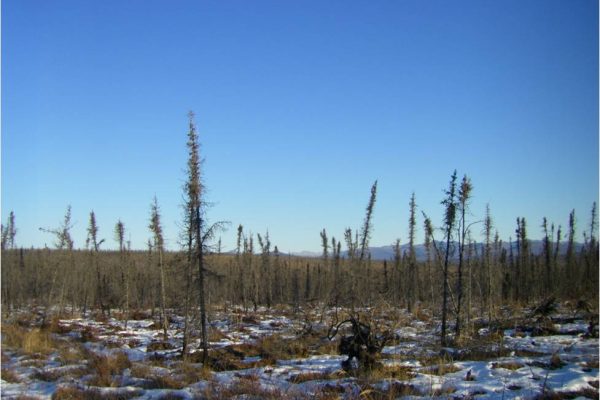
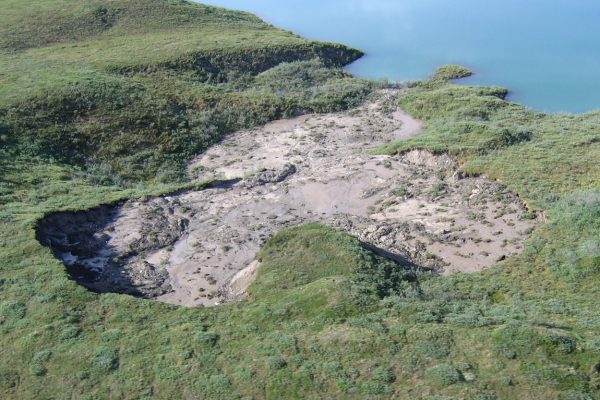
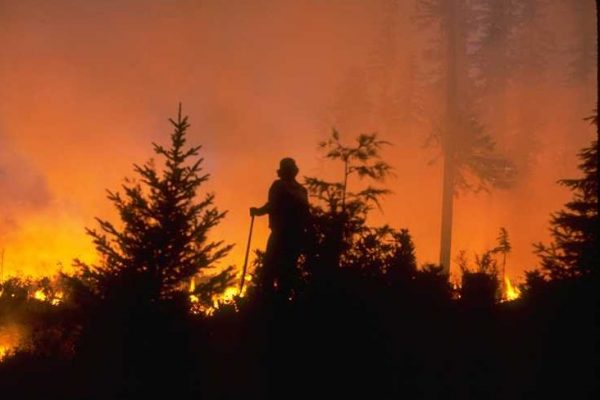
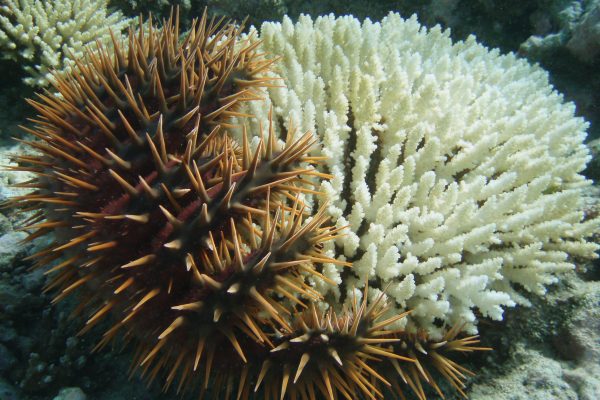 CC BY-SA 4.0" data-envira-gallery-id="site_images_46836" data-envira-index="30" data-envira-item-id="46180" data-envira-src="https://lternet.edu/wp-content/uploads/2017/11/P7193263-copy-600x400.jpg" data-envira-srcset="https://lternet.edu/wp-content/uploads/2017/11/P7193263-copy-600x400.jpg 400w, https://lternet.edu/wp-content/uploads/2017/11/P7193263-copy-600x400.jpg 2x" data-title="Crown-of-thorns Sea Star" itemprop="thumbnailUrl" data-no-lazy="1" data-envirabox="site_images_46836" data-automatic-caption="Crown-of-thorns Sea Star -
CC BY-SA 4.0" data-envira-gallery-id="site_images_46836" data-envira-index="30" data-envira-item-id="46180" data-envira-src="https://lternet.edu/wp-content/uploads/2017/11/P7193263-copy-600x400.jpg" data-envira-srcset="https://lternet.edu/wp-content/uploads/2017/11/P7193263-copy-600x400.jpg 400w, https://lternet.edu/wp-content/uploads/2017/11/P7193263-copy-600x400.jpg 2x" data-title="Crown-of-thorns Sea Star" itemprop="thumbnailUrl" data-no-lazy="1" data-envirabox="site_images_46836" data-automatic-caption="Crown-of-thorns Sea Star - 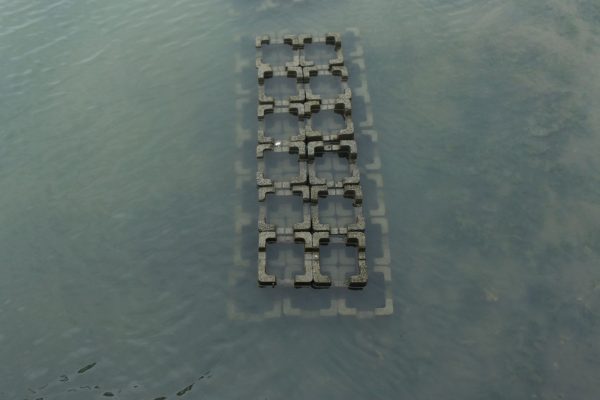 Erika Zambello/LTER NCO. CC BY-SA 4.0." data-envira-gallery-id="site_images_46836" data-envira-index="31" data-envira-item-id="46166" data-envira-src="https://lternet.edu/wp-content/uploads/2017/11/vcr-2-600x400.jpg" data-envira-srcset="https://lternet.edu/wp-content/uploads/2017/11/vcr-2-600x400.jpg 400w, https://lternet.edu/wp-content/uploads/2017/11/vcr-2-600x400.jpg 2x" data-title="vcr-cement-blocks" itemprop="thumbnailUrl" data-no-lazy="1" data-envirabox="site_images_46836" data-automatic-caption="vcr-cement-blocks - Submerged cement blocks rest below the sea level. Erika Zambello/LTER NCO. CC BY-SA 4.0." data-envira-height="200" data-envira-width="300" />
Erika Zambello/LTER NCO. CC BY-SA 4.0." data-envira-gallery-id="site_images_46836" data-envira-index="31" data-envira-item-id="46166" data-envira-src="https://lternet.edu/wp-content/uploads/2017/11/vcr-2-600x400.jpg" data-envira-srcset="https://lternet.edu/wp-content/uploads/2017/11/vcr-2-600x400.jpg 400w, https://lternet.edu/wp-content/uploads/2017/11/vcr-2-600x400.jpg 2x" data-title="vcr-cement-blocks" itemprop="thumbnailUrl" data-no-lazy="1" data-envirabox="site_images_46836" data-automatic-caption="vcr-cement-blocks - Submerged cement blocks rest below the sea level. Erika Zambello/LTER NCO. CC BY-SA 4.0." data-envira-height="200" data-envira-width="300" />